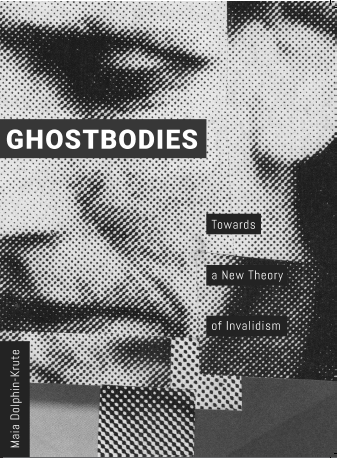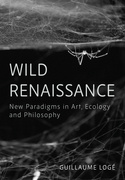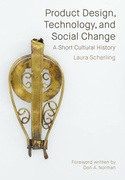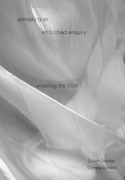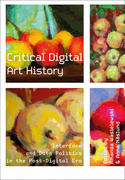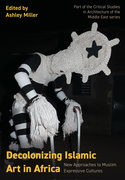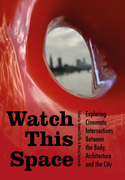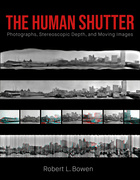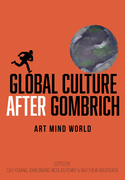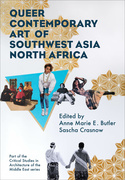Ghostbodies (Book)
Towards a New Theory of Invalidism
How is illness represented in today's cultural texts? In Ghostbodies, Maia Dolphin-Krute argues that the illusive sick body is often made invisible – a ghost – because it does not always fit society's definition of disability. In these pages, she reflectively engages in a philosophical discussion of the lived experience of illness alongside an examination of how language and cultural constructions influence and represent this experience in a variety of forms. The book provides a linguistic mirror through which the reader may see his or her own specific invalidity reflected, enabling an examination of what it is like to live within a ghostbody. In the end, Dolphin-Krute asks – if illness is not what it seems, what then is health?
Edition
How is illness represented in today’s cultural texts? In Ghostbodies, Maia Dolphin-Krute argues that the illusive sick body is often made invisible – a ghost – because it does not always fit society’s definition of disability. In these pages, she reflectively engages in a philosophical discussion of the lived experience of illness alongside an examination of how language and cultural constructions influence and represent this experience in a variety of forms. The book provides a linguistic mirror through which the reader may see his or her own specific invalidity reflected, enabling an examination of what it is like to live within a ghostbody. In the end, Dolphin-Krute asks – if illness is not what it seems, what then is health?
Maia Dolphin-Krute is an independent scholar.
Maia Dolphin-Krute
Maia Dolphin-Krute
Maia Dolphin-Krute
Maia Dolphin-Krute
Maia Dolphin-Krute
Maia Dolphin-Krute
Maia Dolphin-Krute
Maia Dolphin-Krute
Maia Dolphin-Krute
'Ghostbodies: Towards a New Theory of Invalidism aims to unpack the chronically ill body in literature, offering ways of understanding its representation as well as its potential. The monograph is influenced by a personal response to the representation of illness almost as much as it is by an analytic standpoint. The author, Maia Dolphin-Krute, has previously published on her own experience with chronic illness as well as further performance-based commentary on opioid use. This dual focus offers an interesting opening, although the text could do more to provide concrete tools and frameworks to make its ideas more transferable to other disciplines and fields.'


